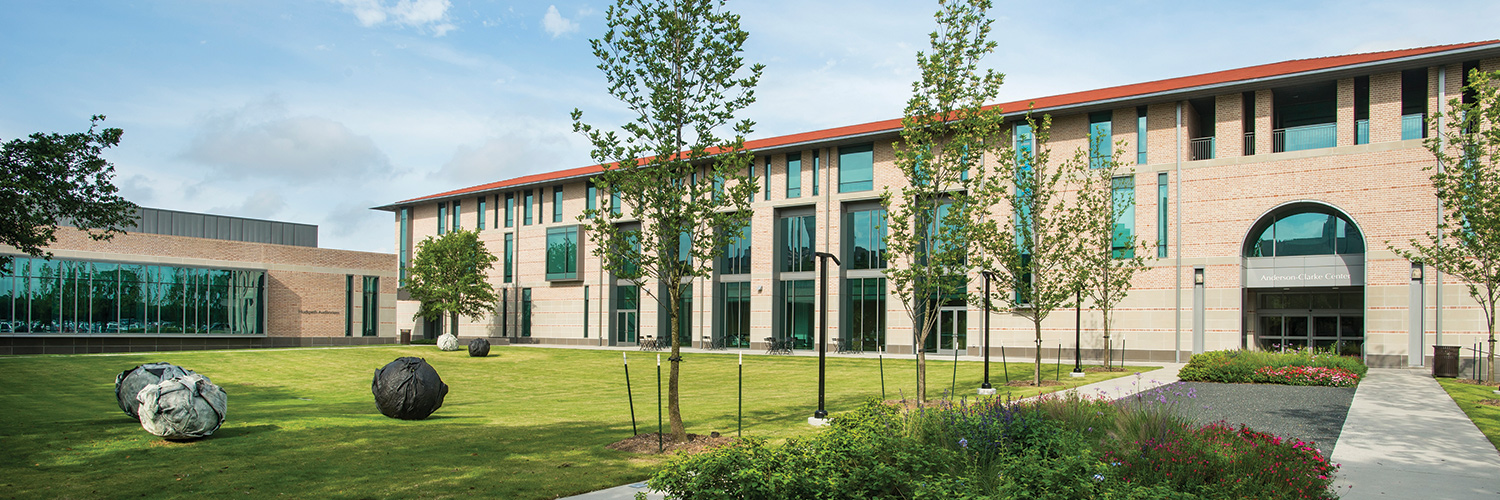Having studied history at the University of Houston and Near Eastern languages and civilizations at Harvard, Jesse Rainbow, Ph.D., became interested not only in ancient texts but the people who produced them.
“Ancient scribes were not mere copyists. In a world where books and readers were rare, they were not only the custodians of texts but also the creators,” he says. “I learned about their lives and work, and how the ancient texts we inherited from them reflect their particular values, the values of the literate minority in a world of limited literacy.”
In the course “Scribal Culture: The History of Writing Across the Ages,” Dr. Rainbow will take you back to a time when writing was new – when many of the rules and conventions we take for granted were still open questions: Which direction does one write on the page? How do you begin a letter? What is an author? What is a book?
How does this knowledge help us in the current era? “In the Internet age, we are pushing the boundaries of writing to a degree that we have not seen since the invention of the printing press. We text. We tweet. We Google. We consult crowd-authored Wikipedia articles,” Dr. Rainbow says. “Once again, we are living in an era of open questions and fluid rules about how writing works. Ancient scribal culture can give us a perspective on ourselves, and the broader meanings of the changes we are experiencing.”
“The study of ancient scribal culture has the potential to make something that is familiar, mundane and essential to our lives strange and wondrous. We will learn about ourselves, and perhaps better be able to imagine the world of the future.”
Dr. Rainbow, an assistant professor at the University of Houston Honors College (which is co-sponsoring this course), recommends this course to a wide variety of people, including students of history, literature, religious studies and art.

